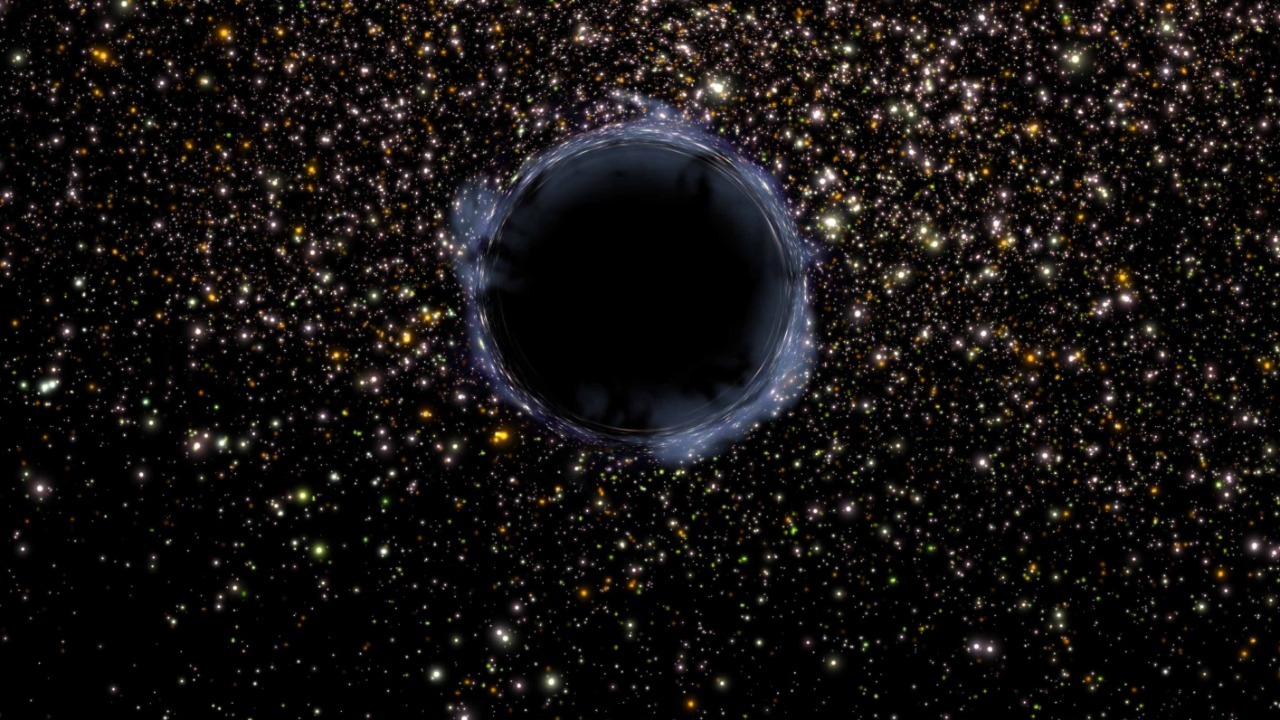
Black holes, those enigmatic celestial objects with gravitational pulls so strong that even light cannot escape, are not eternal. Despite their formidable nature, they evaporate over time through a process known as Hawking radiation. This phenomenon, first proposed by physicist Stephen Hawking, reveals that black holes slowly lose mass and energy over time, leading to their eventual disappearance. Understanding this process not only challenges our perceptions of these cosmic giants but also provides profound insights into the workings of the universe.
The Concept of Hawking Radiation
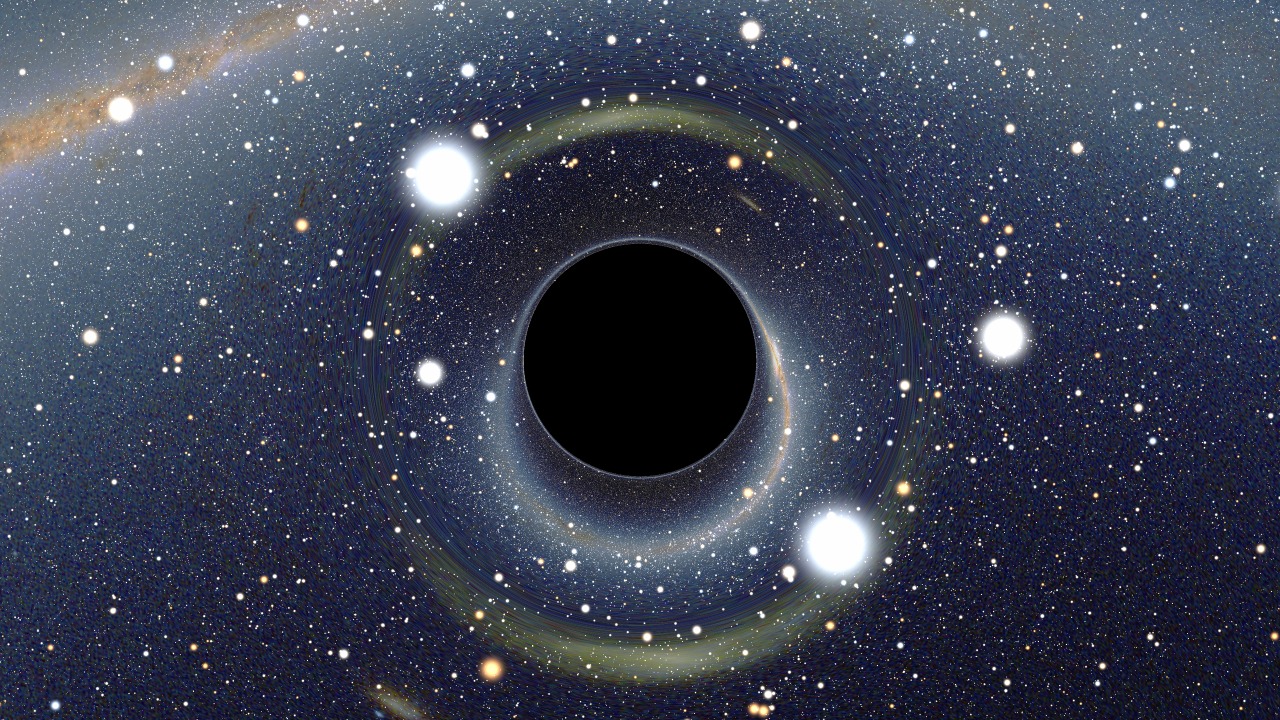
Hawking radiation is a theoretical prediction made by physicist Stephen Hawking in the 1970s. It suggests that black holes are not completely black but emit small amounts of radiation due to quantum effects near the event horizon. The event horizon is the boundary beyond which nothing can escape the black hole’s gravitational pull. According to quantum theory, empty space is teeming with virtual particles that spontaneously appear and disappear. Near the event horizon, these particle-antiparticle pairs can be separated, with one particle falling into the black hole and the other escaping into space as radiation.
This quantum fluctuation process means that black holes are slowly losing mass and energy. The escaping particle reduces the black hole’s mass, causing it to shrink over time. While the radiation emitted is incredibly weak and almost impossible to detect with current technology, the theoretical framework suggests that, given enough time, a black hole could completely evaporate. This gradual loss of mass and energy through Hawking radiation represents a critical shift in our understanding of black holes, revealing them as dynamic entities rather than static cosmic holes.
Factors Affecting the Evaporation Rate
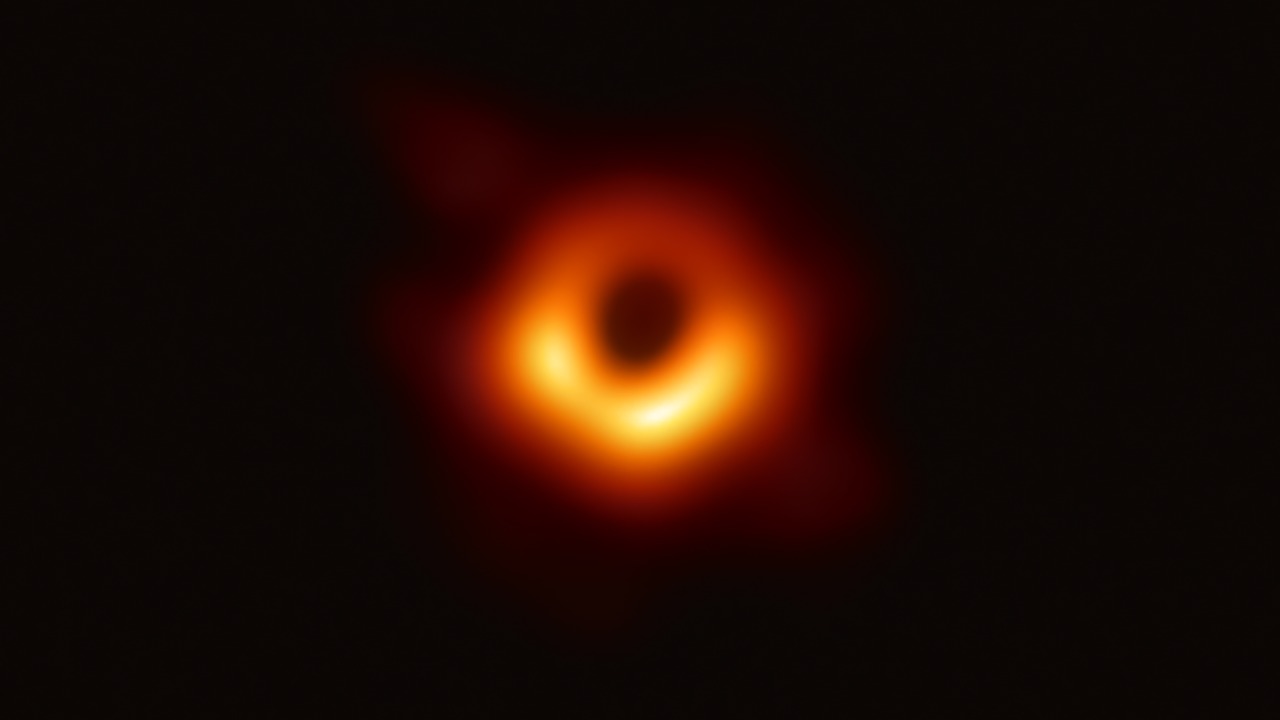
The rate at which a black hole evaporates is influenced by several factors, primarily its size and mass. Larger black holes, such as those found at the centers of galaxies, evaporate much more slowly than their smaller counterparts. This is because they have more mass and therefore a stronger gravitational pull, which allows them to retain energy more effectively. In contrast, smaller black holes, which can be a few times the mass of our sun, evaporate more quickly due to their reduced mass and higher temperatures.
A black hole’s temperature is inversely related to its mass—the smaller the black hole, the hotter it is. This relationship means that smaller black holes emit more radiation and therefore evaporate faster. The temperature and radiation output of a black hole are crucial in determining its lifespan. Additionally, external factors can also affect the evaporation process. For instance, if a black hole is actively accreting matter from its surroundings, this influx of mass can temporarily offset the loss of mass due to Hawking radiation, slowing down the evaporation process.
Comparison with Other Celestial Evaporation Processes
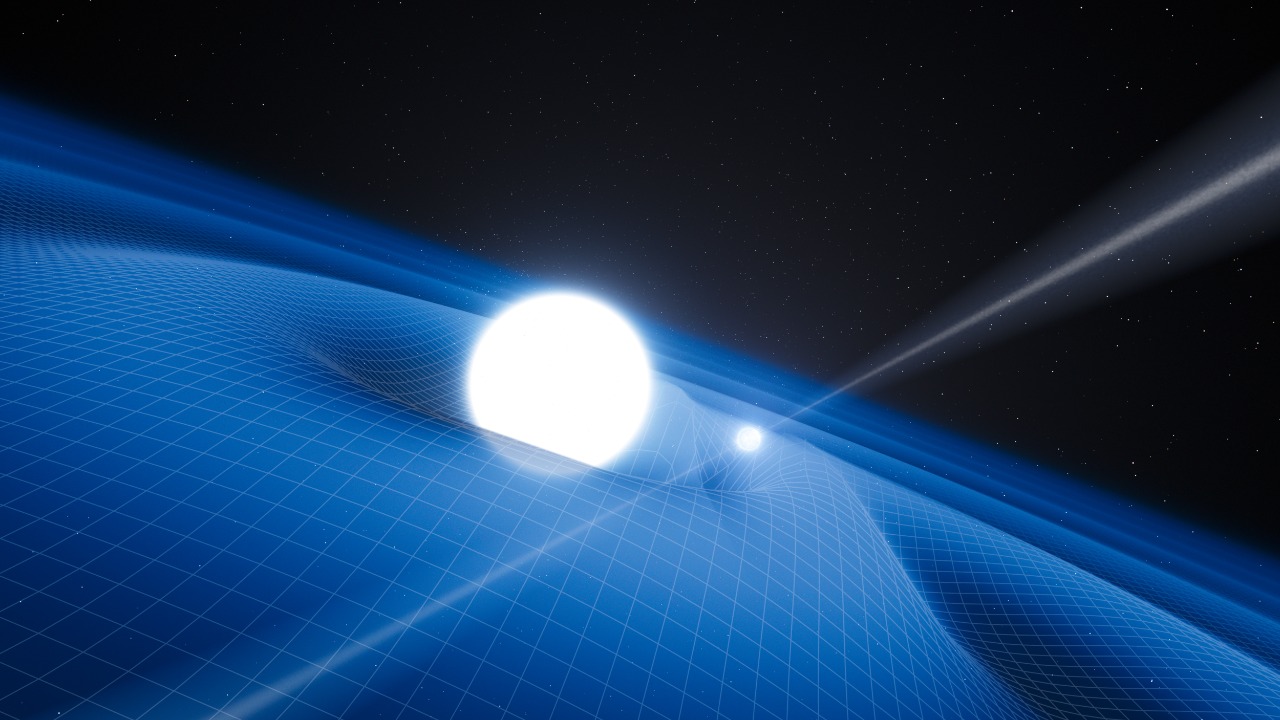
Black hole evaporation is not an isolated phenomenon; it shares similarities with the gradual dissipation of other celestial bodies. For example, neutron stars and white dwarfs also undergo slow transformation processes over time. Although the mechanisms differ—neutron stars and white dwarfs do not emit Hawking radiation—they still experience a gradual loss of energy and mass, leading to their eventual cooling and fading.
This universal timeframe of evaporation and transformation underscores a key principle in cosmology: everything in the universe, from stars to black holes, is subject to an inevitable timeline of change. The evaporation of black holes, alongside other processes, provides insights into the universe’s lifecycle and ultimate fate. Understanding these processes can enhance our comprehension of the universe’s end, contributing to the broader narrative of cosmic evolution and the inexorable march towards entropy.
Scientific and Philosophical Implications
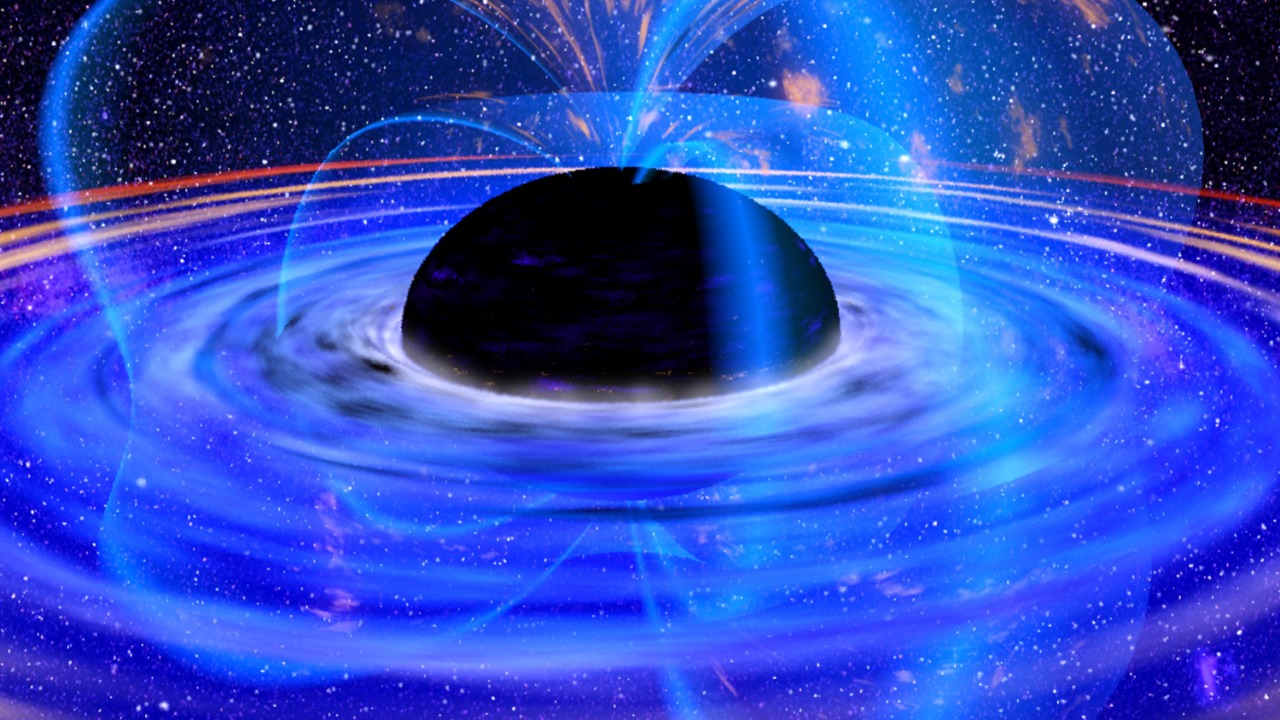
The study of black hole evaporation holds significant scientific and philosophical implications. One of the most intriguing aspects is its potential to shed light on the elusive theory of quantum gravity. Unifying general relativity, which governs the behavior of massive objects, with quantum mechanics, which describes the subatomic world, remains one of the greatest challenges in modern physics. The insights gained from studying Hawking radiation could pave the way toward a more comprehensive understanding of quantum gravity.
Additionally, the phenomenon of black hole evaporation raises profound questions about the fate of information in the universe. The black hole information paradox challenges the principle of information conservation, suggesting that information about matter consumed by a black hole might be lost forever. This paradox has sparked intense debate and research, with implications extending to the fundamental nature of reality and the universe’s structure. Philosophically, the concept of black hole evaporation invites reflection on the nature of existence, time, and the universe’s relentless progression towards higher entropy.
Future Research and Observations
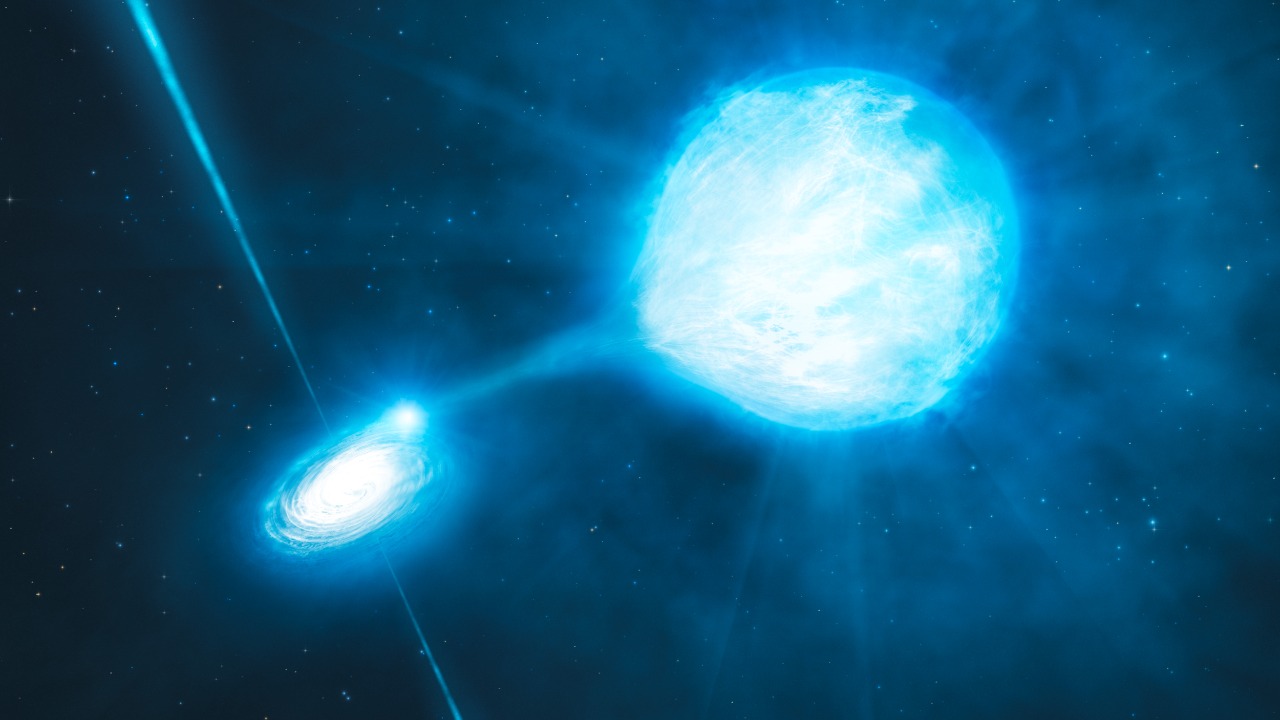
While the concept of black hole evaporation is well established theoretically, direct observation of Hawking radiation remains elusive due to its weak nature. However, ongoing advancements in technology offer hope for future breakthroughs. Enhanced telescope sensitivity and new observational methods could provide indirect evidence of Hawking radiation or its effects on black holes. Such technological advances will be crucial in confirming theoretical predictions and refining our understanding of black hole mechanics.
Theoretical developments also hold promise for enhancing our comprehension of black holes. As physicists continue to explore the implications of quantum mechanics and general relativity, new insights into the mechanics of black hole evaporation may emerge. Placing black hole evaporation within the wider context of astrophysical research highlights its role in the broader narrative of cosmic evolution, offering a glimpse into the universe’s past, present, and future.